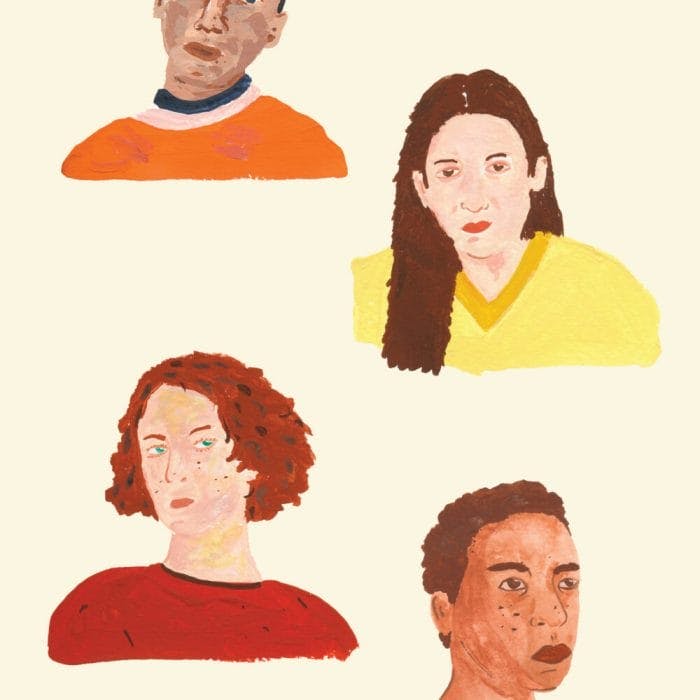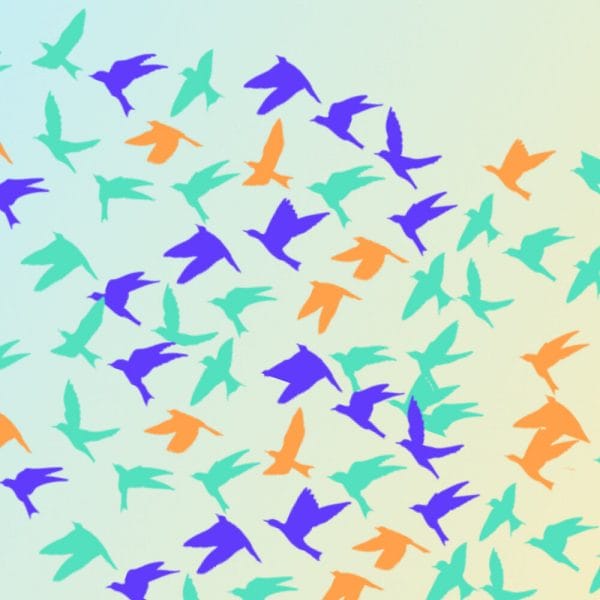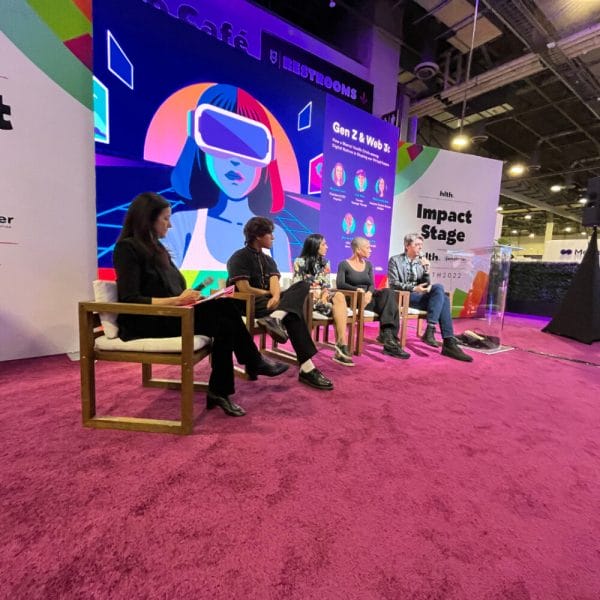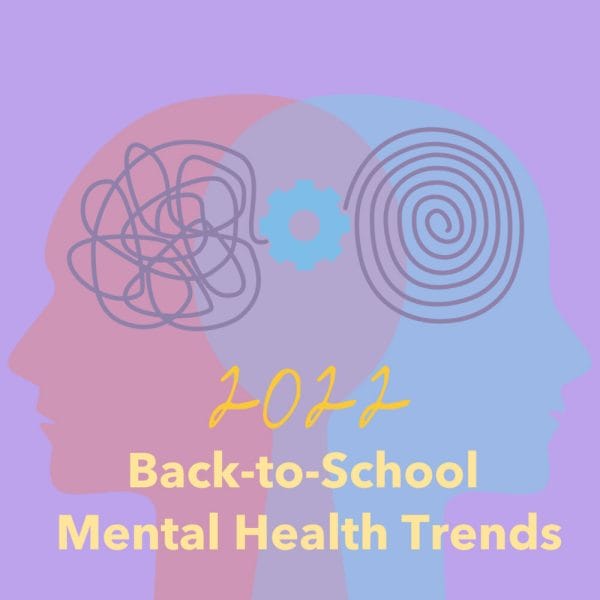As Hopelab begins to wrap up the final months of 2018, product design for our loneliness in college-aged youth projectis really heating up. In case you forgot, the project aims to equip college-aged students with the tools they need to overcome the overwhelming feeling of loneliness — or that gap between the social interactions we want, and the social interactions we have1— as they transition into their first year on a college campus. Just before Thanksgiving break, we took a quick trip to Elon University in North Carolina to do some co-designing with students and work on some early product concepts, building on what we’ve been working on for the past year.
We convened a group of 21 students to introduce the concept of design thinking and how we planned on prototyping around social risks. The two-day workshop focused on getting students to think about a product that might improve the depth and amount of social connection they currently experience with others. The insights we gained will be extremely valuable as we continue to build out this product.
It’s a social challenge, not a social risk.
During the course of several small group discussions, insights began to flow. One important discussion centered around the language that we use to describe, promote, and use within the product we build. Hopelab is centered in behavioral science, so we understand that language is extremely important in framing how people practice behaviors. This particular conversation centered on the difference of calling something a social risk versus a social challenge. A social challenge “feeds the best parts of your competitive side and is more motivating,” while a social risk, feels just like that, risky, uncomfortable, unnecessary. The small differences in wording, (another example being self-discovery versus self-actualization) had a big impact on students’ desire to participate, engage, and use the product.
Validate me, don’t tell me what to do!
Or who to be. When discussing in small groups, many students noted that the product shouldn’t necessarily be about “self-discovery” but rather about self-actualization. Students know who they are, they don’t want to become different people, but rather be validated for what they feel and the connection they are searching for. One student noted, You don’t/shouldn’t have to change who you are to make friends. Be more you. That’s what this tool should do. Even when discussing the potential for video integrations in the product, the most positive responses came from two videos we showed them that focused on the psychology of loneliness and personalization of social anxiety. Teens and young adults want to know that their feelings of loneliness aren’t limited to them. Because that’s the reality, more than 60% reporting being very lonely in the past year and close to 30% reporting loneliness in just the past two weeks. Normalizing social anxiety will help teens understand that people may not look or sound lonely, but that doesn’t mean they aren’t. The goal of this tool should be pushing yourself enough out of your comfort zone to build the college social experience you are searching for. An important note, however, was to not frame what a college experience should be but rather, is this true to who you are?
Reflection, incentive, and are they going to actually use it?
Reflection, incentive, and personalization were all key features that students wanted to be integrated into the product. Students gave us plenty of specific feedback on how they would like all of these aspects a part of whatever we build. Students are also calling for elements of anonymity among their peers. Part of being validated in your feelings of loneliness is knowing that other people similar to you are struggling as well, but no one wants to admit that they are lonely first. This is why our co-designing sessions are so important because our team gets to dive deep with the users we are building for. Generation Z will account for 32 percent of the global population, outnumbering millennials within the upcoming year. Not only that, but Generation Z has higher elements of self-awareness, which was made very clear our two days at Elon 2,3. So at the end of the session, we had to ask if students would actually use a product like this. And the answer was yes. Students want and crave connection, and they want the platform to explore their loneliness while proactively trying to solve it.
So, let’s debunk the myth of a magical friendship.
One of the most compelling things we overheard in a small group was “The thing is, everyone knows how to make friends, we have all done it before.” Students aren’t looking for an app or a chatbot that will teach them how to make friends, but rather a tool to support them and encourage them behaviorally in the process. Many of them noted that they were just tired of being told that it was going to “be so much fun, and magical friendships would be born” when in reality it was hard, uncomfortable, and awkward to get to know new people in a brand new environment. We need to build something that destroys the myth of magical friendships, validates people’s feelings of loneliness, and encourages young people to be who they are so they can make connections with others that are real and rooted in self-compassion. We are excited to continue to speak and design with students about the potential of this product. Stay tuned to see what insights we develop, and better yet, what campus we pop up on next.
1. Peplau and Perlman, Loneliness: A Sourcebook of Current Theory, Research and Therapy. Contemporary Sociology; 1982
2. American College Health Association. American College Health Association-National College Health Assessment II: Reference Group Undergraduate Executive Summary Spring 2017. Hanover, MD: American College Health Association; 2017.
3. Bloomberg.com. https://www.bloomberg.com/news/articles/2018-08-20/gen-z-to-outnumber-millennials-within-a-year-demographic-trends. Accessed December 3, 2018.





